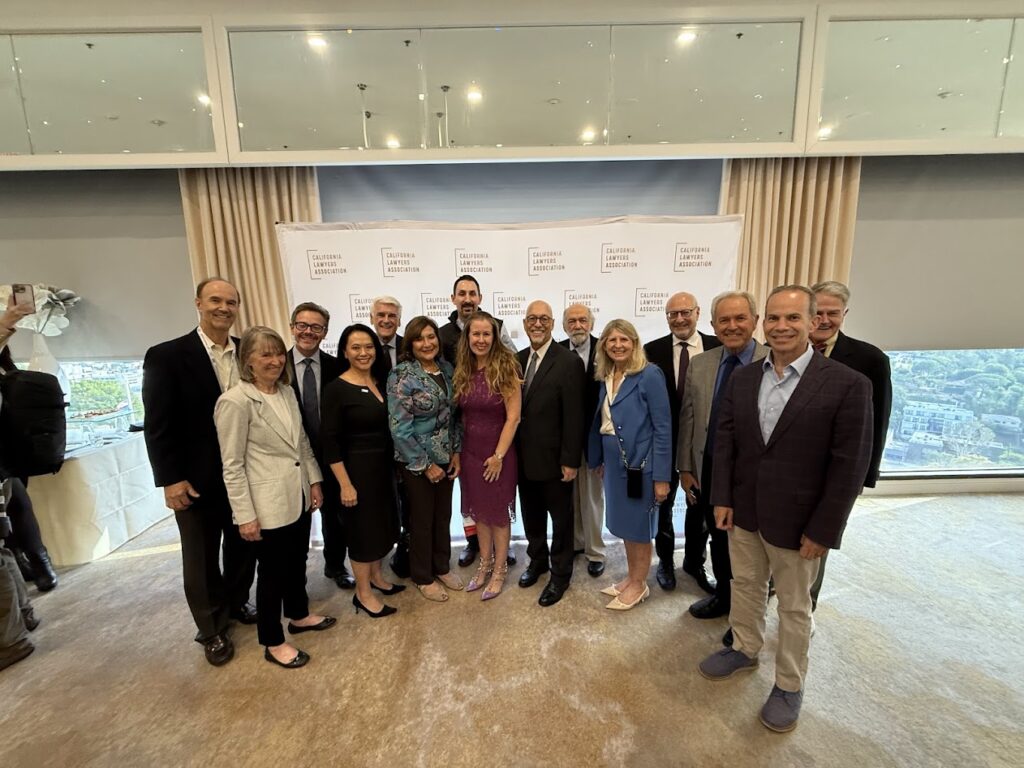ABA Opinion 518 Aims To Guide Mediators On Avoiding Misleading Communications
How Might ABA Opinion 518 Impact California Mediation Practice?
The ABA Standing Committee on Ethics and Professional Responsibility issued Opinion 518 on October 15, 2025 to provide guidance on avoiding misleading communication by mediators. The Opinion distinguishes the mediator’s and advocate’s roles. Attorneys in negotiations puff all the time. Under Opinion 518, mediators are not supposed to puff, make misleading statements, or give a party legal advice as to what is in their best interest. That’s the way we read the Opinion.
Lawyer-mediators must avoid misleading communications because parties reasonably view neutrals as truthful, authoritative figures. The opinion emphasizes disclosure, role clarity, and constraints on evaluative persuasion.
COMMENT. California mediators are often evaluative. The line between evaluating, which is legitimate under Opinion 518, and offering legal advice and a suggestion as to what is in a party’s best interest is often blurred. Under Opinion 518, does a mediator say to a party: “Have you considered whether this move is in your best interest?” rather than, “It is in your best interest . . .” Does the first framing pass muster, while the second does not? What persuasive strategic moves are proper to take under Opinion 518? Can mediators poke but not pull?
Does the confidentiality protection California law provides to the mediation process de facto shield a mediator from liability if the mediator puffs, makes a strategic misrepresentation, or offers legal advice?
And what can the mediator, who is not a lawyer, say in mediation?
Perhaps by the time California has its mediation certification program, we’ll all get to study the implications of ABA Opinion 518.
California Lemon Law in 2025 Now Requires ADR
The Legislature Wants To Lessen The Judicial Burden of Lemon Law Cases.
Lemon-law cases in California have shot up in number in recent years. Court filings rose from 15,000 to 25,000 from 2022 to 224. Under Assembly Bill 1755 (AB 1755), mediation between the consumer and the manufacturer must now occur before a suit can go forward.
The timeline for ADR is as follows:
- Mediation must be scheduled within 90 days after the manufacturer’s responsive pleading.
- Mediation must take place within 150 days after filing of the answer/response.
- Except for limited initial disclosures and depositions, full-scale discovery is stayed during the mediation phase.
The new law provides for a standardized release form, clarifying terms for restitution or vehicle replacement. There are sanctions for non-compliance with requirements for the ADR process. Arbitration is an option for manufacturers participating in a designated arbitration certification program.
Miscellaneous: California Lawyers Association Honors Two Members Of ADR Committee
Jeff Daar And Gary Benton Receive Awards For Past And Continuing Contributions To Alternative Dispute Resolution.
The California Lawyers Association held its annual meeting this past weekend at the Sheraton Universal Hotel in Universal City. Jeff Daar and Gary Benton received awards for outstanding contributions to the profession and to ADR. Both Jeff and Gary have been instrumental in promoting California as a venue for international arbitration and in promoting California International Arbitration Week.

Jeff Daar, Gary Benton, Chief Justice Hon. Patricia Guerrero

Selfie of Chief Justice and blogger.

Members of ADR Committee of Litigation Section of CLA
Legislation: State Bar Committee Will Recommend Certification Program For ADR Neutrals
From the California State Bar Website:
Alternative Dispute Resolution Certification Working Group.
Purpose
Effective January 1, 2025, new Business and Professions Code section 6173 requires the State Bar to create a voluntary certification program for alternative dispute resolution (ADR) firms, providers, and practitioners. This program aims to promote adherence to ethical standard for ADR services and establish consumer protection mechanisms. State Bar staff formed an ADR Certification Working Group to develop the framework and implementation strategy for this new certification program.
Learn more about the Working Group’s Charge.
Composition
The working group includes 21 nominated and appointed members. Members were selected to ensure comprehensive expertise and diverse experience in alternative dispute resolution, consumer protection, and program administration.
Staff contact
Mia Ellis, 213-765-9110, Mia.Ellis@calbar.ca.gov
Alan Wiener, 213-765-1157, Alan.Wiener@calbar.ca.gov
Chair: Hon. Risë Pichon (Ret.)
Additional information
Subscribe
You may subscribe to the Alternative Dispute Resolution Certification Working Group email list to receive meeting notifications.
Protecting the public & enhancing the administration of justice.
Arbitration, Deadlines: Cal Supreme Court Saves Arbitration Deadline From Preemption By Making It More Palatable.
The Case Is Hohenshelt v. Superior Court.
We have written about the Hohenshelt case twice in the Daily Journal. The first time around, the case was in the Court of Appeal. After it was decided by the California Supreme Court, with a majority opinion, some concurrence, and some disagreement, we wrote a second article for the Daily Journal dated August 18, 2025. This case saved from federal preemption the 30-day deadline employers and other drafters of arbitration agreements have to pay arbitration fees, or else risk seeing the employee or consumer opt for litigation in court. However, the case did so only by making the 30-day rule less of a bright line, hence, more palatable. Here is a link to our Daily Journal article: Here
